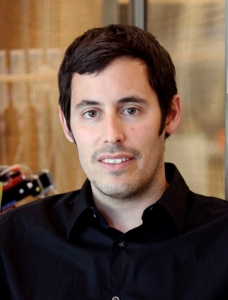Get to Know: Pascal Kaeser, Junior Faculty Grant Recipient

Pascal Kaeser, PhD
Where did your interest in science start and what led you to this field of work?
For as long as I can remember, I have been fascinated by disorders of the brain that change who we are. This fascination first led me to medical school at the University of Zurich. As I started studying brain function and disease in medical school, I was struck by the brain’s complexity, and didn’t quite believe that I had what it takes to take on studying such a complicated organ. Hence, I was on the verge of moving away from neuroscience into a clinical discipline. Adriano Aguzzi, whose lab I later joined, “saved” me from that step. During a practical exam in pathology, he started recruiting me to his lab to study mechanisms of prion disorders. Adriano, with unstoppable enthusiasm, made a lasting impact on my path by offering a vibrant and exciting research environment. After I completed my thesis in his lab, I decided that I wanted to study fundamental processes that underlie brain function. I joined the laboratory of Tom Südhof, as a postdoctoral fellow, to study mechanisms of synaptic vesicle exocytosis. Working under Tom’s excellent mentorship was a formative experience, and I have been fascinated by the beauty, the importance, and the complexity of membrane trafficking in neurons ever since. In my laboratory, we study the architecture, diversity and plasticity of the molecular machine that mediates the release of neurotransmitter substances.
What are your biggest challenges in running a lab?
My biggest challenge is making good choices: which scientific questions should we address? How should we spend our time? What is the best experiment to test a specific hypothesis? What papers should I read? There is an excess of information, resources and options on any particular point. Setting the right priorities, and choosing what to spend time on is often challenging.
What thrills you most about what you do?
There are many things that make being a PI a most exciting and rewarding job. New, “unfiltered” data from an experiment in the lab certainly thrills me. Working with driven young scientists every day is an enormous privilege. Seeing scientists develop and move on successfully with their own careers is very rewarding. Ultimately, the biggest privilege we have is the freedom to choose what we work on.


